GMC Ambulance 1e Guerre Mondiale Saumur
English Translation
Historique Voir ICI
History Click HERE
This illustrated description of World war 1 Ambulances was made possible because of the information and photographs that were kindly donated by Mr Michael Homer. Mr Homer, who lives in Hampshire, England, is currently writing a book that will be called "The British Army Ambulance". The period that the book will cover will be from the Crimean War to today's modern ambulance.
The colour photograph of what seems to be the the last remaining WW1 Rover Sunbeam Ambulance was donated by Ms Debbie Rhodes of New Zealand.
HORSE DRAWN AMBULANCES:
Horse drawn Ambulances were give the numbers of Mark 1 to 6.
Mark 1 Ambulance: This carried two stretchers and eight walking wounded.
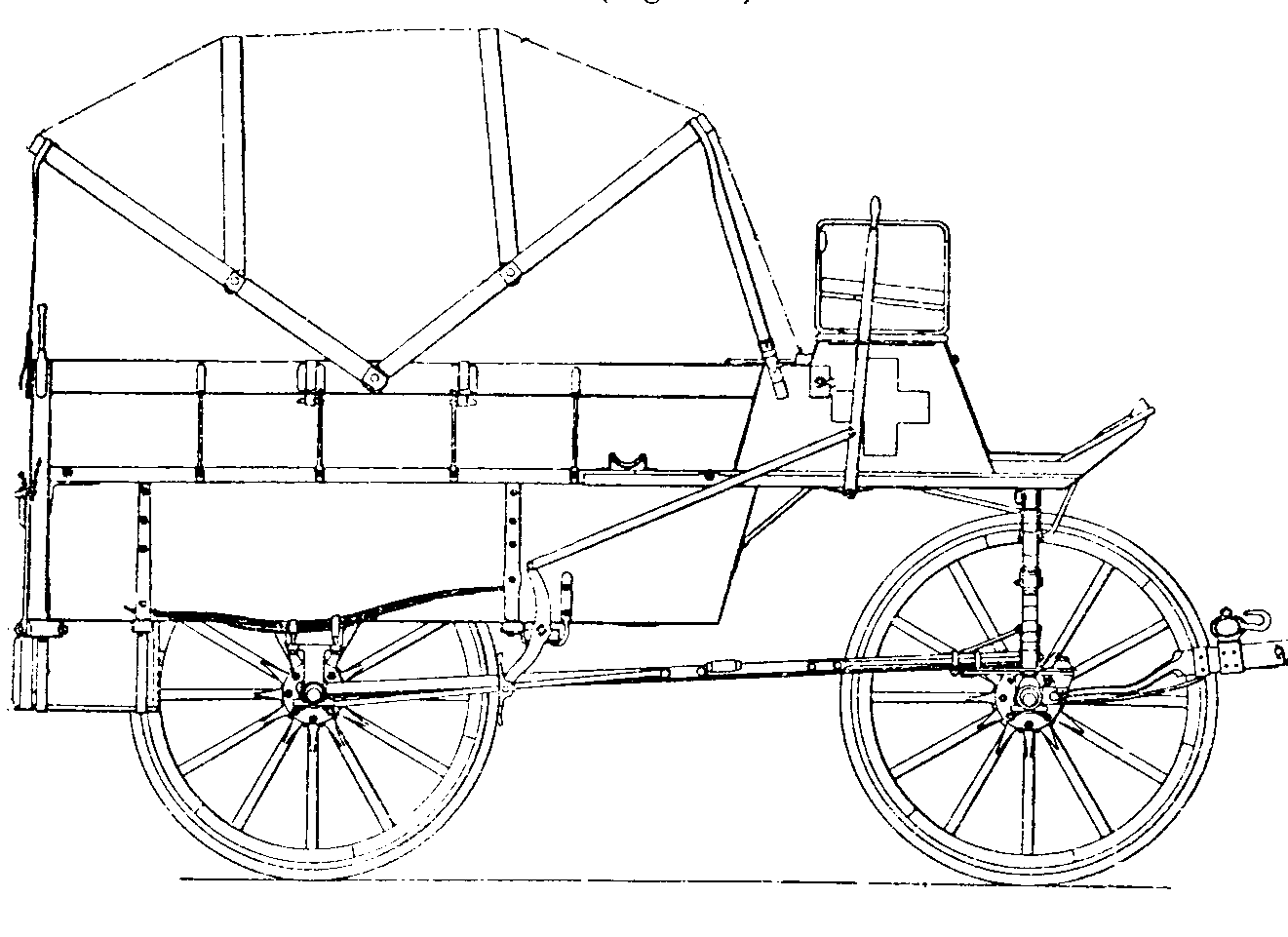
A Mark 3 Ambulance, this carried two stretchers and six walking wounded.
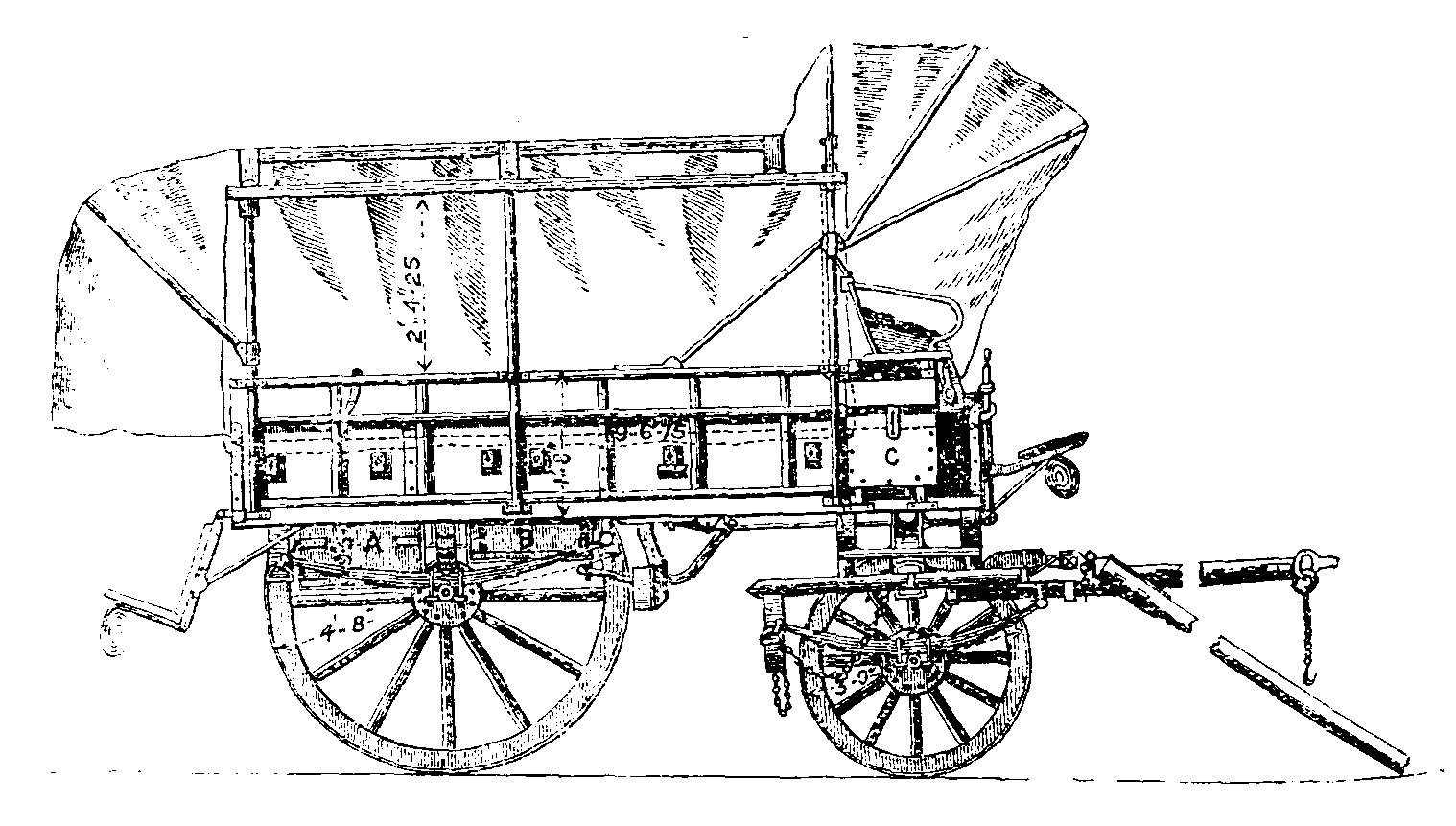
A Mk 5 Horse drawn ambulance ready for use..

The following two colour pictures are of the side and rear of a Mark 4 ambulance were taken by Mr Michael Homer at the RAMC museum, Keogh Barracks, near Aldershot, UK.
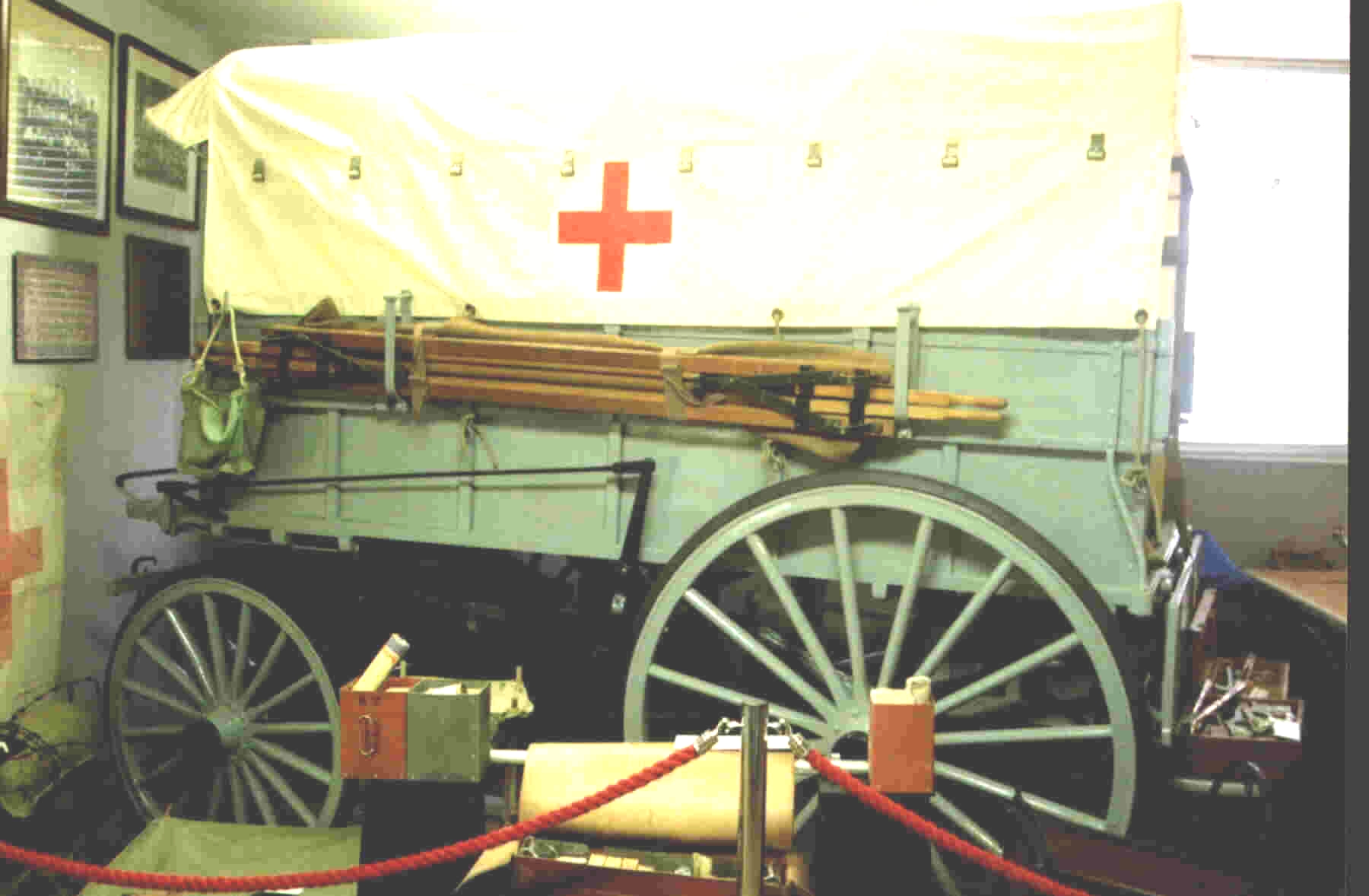
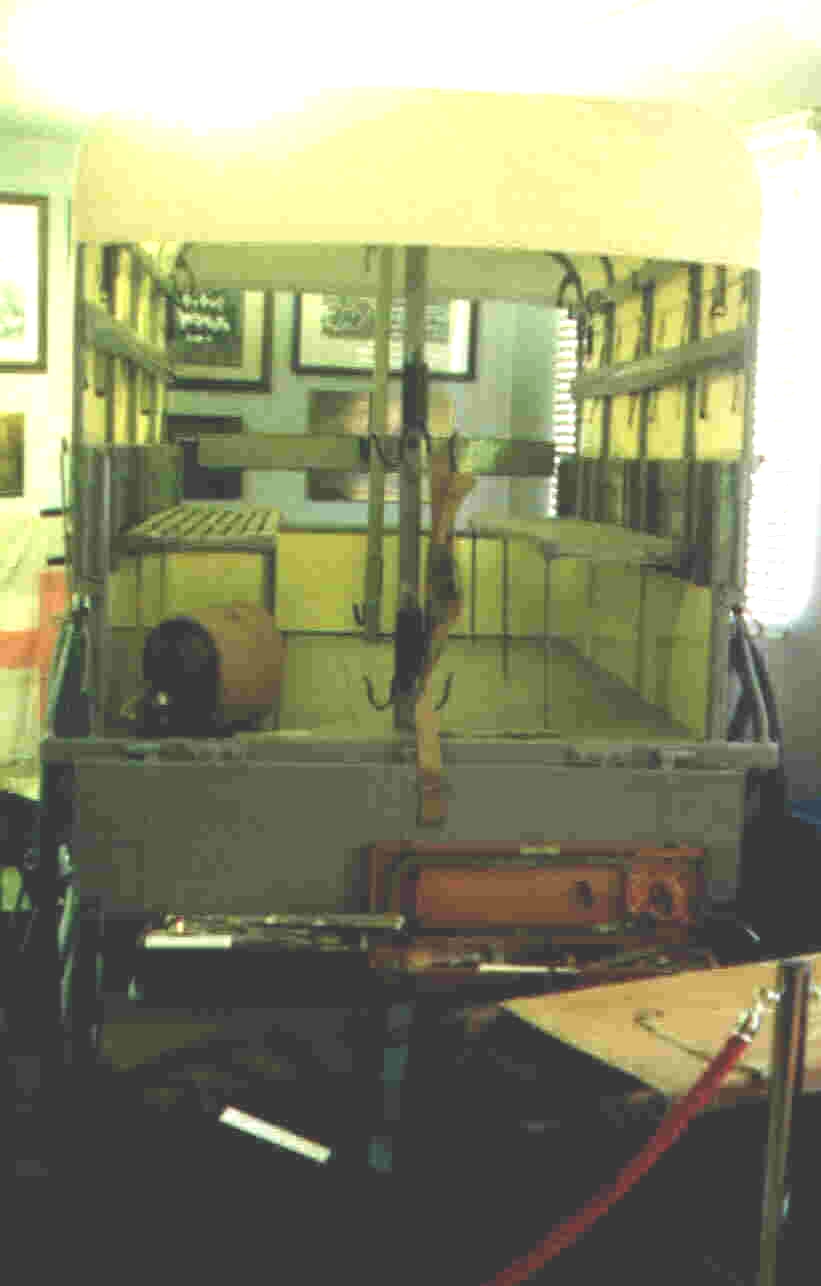
Motor Ambulances:
During WWI cars were donated by individuals for the war effort to be fitted with ambulance bodies. (Some wealthy families sometimes included their chauffeurs as well, the man joining the army). Some donors had ambulance bodies fitted with no consultation with the authorities, which resulted in horrendous problems because repairs and servicing were very difficult with no standard models. Eventually the British Red Cross laid down a specification for bodies and some form of standardisation was achieved which made it possible for ambulance bodies to be ordered direct from the manufacturers (See advertisements). Financial donations for ambulances were received from various organisations and businesses like Breweries, Trade Unions, charities, hunts, worshipful companies, and the Silver Thimble Fund.
Manufacturers of ambulances included Rolls-Royce, Daimler, Albion, Morris, Vulcan, Austin, Sunbeam-Rover, Wolseley, Siddeley-Deasy, Renault, Buick, Crossley, Vauxhall, Argyll, Sunbeam, Lanchester, Ford Model T, Fiat and Star

Roll's Royce advertised this vehicle in "The Autocar" in 1915.
Rover Sunbeam Ambulances
Below are photos of three Rover Sunbeam Ambulances; the third is a colour photograph of the last working
Sunbeam Ambulance from WW1
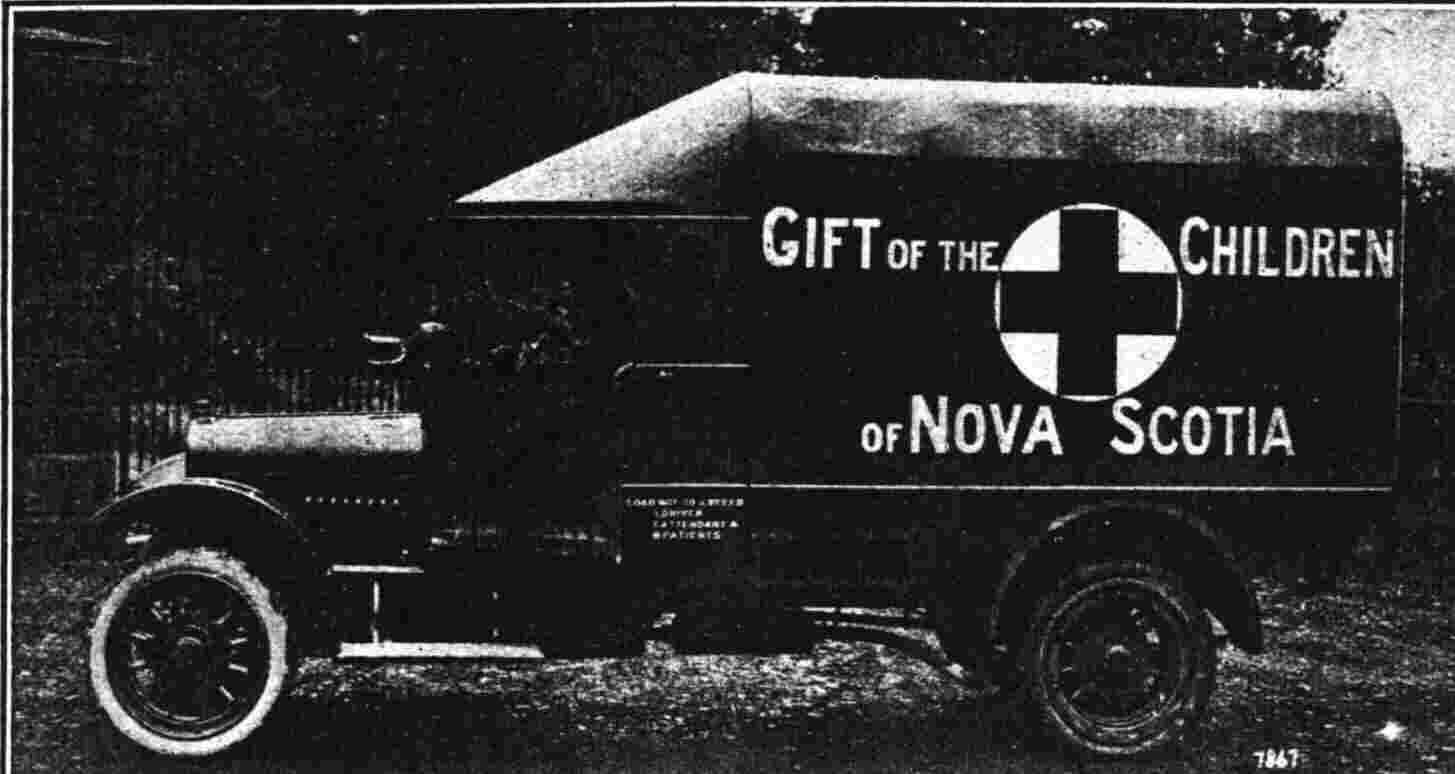
SUNBEAM AMBULANCE, Picture from an advertisement in "The Autocar" January 1915.
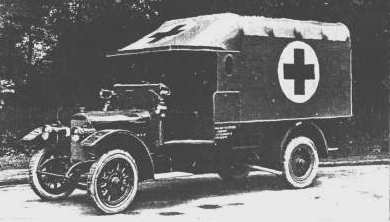
From an advertisement from " The Autocar" for October 1915
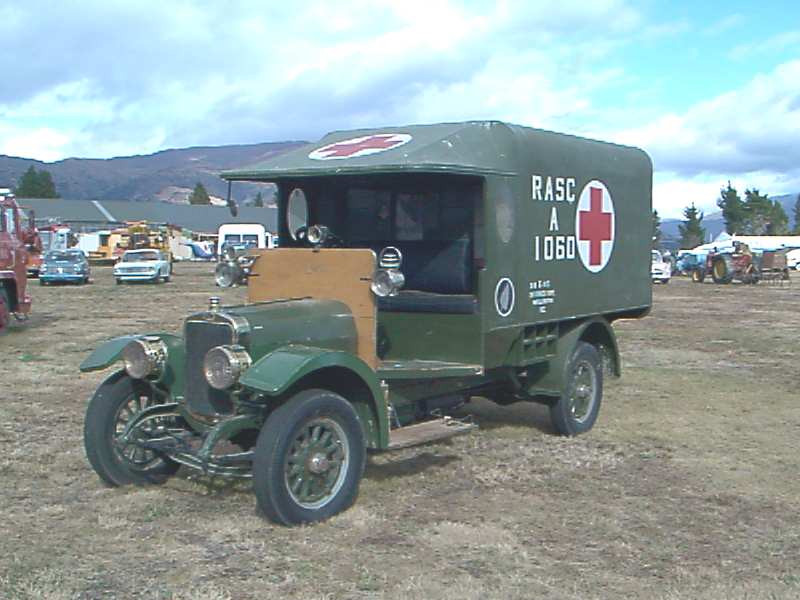
The last remaining original WWI Rover Sunbeam Ambulance.
This photograph was taken in New Zealand and kindly donated by Ms Debbie Rhodes
of the Wanaka Transport & Toy Museum
Made by The Rover Co. under agreement with the Sunbeam Motor Car Co. This ambulance saw service in World War I in France and was named 'Gutless Gert'. In 1919 it was shipped to New Zealand for use in areas without resident doctors. It was stationed at Greymouth, for a long time the only motorized ambulance on the West Coast. In 1925, having passed through the hand of one private owner, Stan Booth acquired it and converted it into a Motor Caravan. In due course, 'Gutless Gert' was consigned to the be left deteriorating under some trees.
In 1966 it was discovered by Bryan Jackson at Kerikeri, Northland, with a tamarillo tree growing through the bonnet. He bought it for £30 and restored it to war service condition bearing the ambulance marking of the Royal Army Service Corps in France and renamed it Jessie. Bought by Mr Rhodes in the 1970's, it is believed to be the last remaining WWI Rover Sunbeam Ambulance.
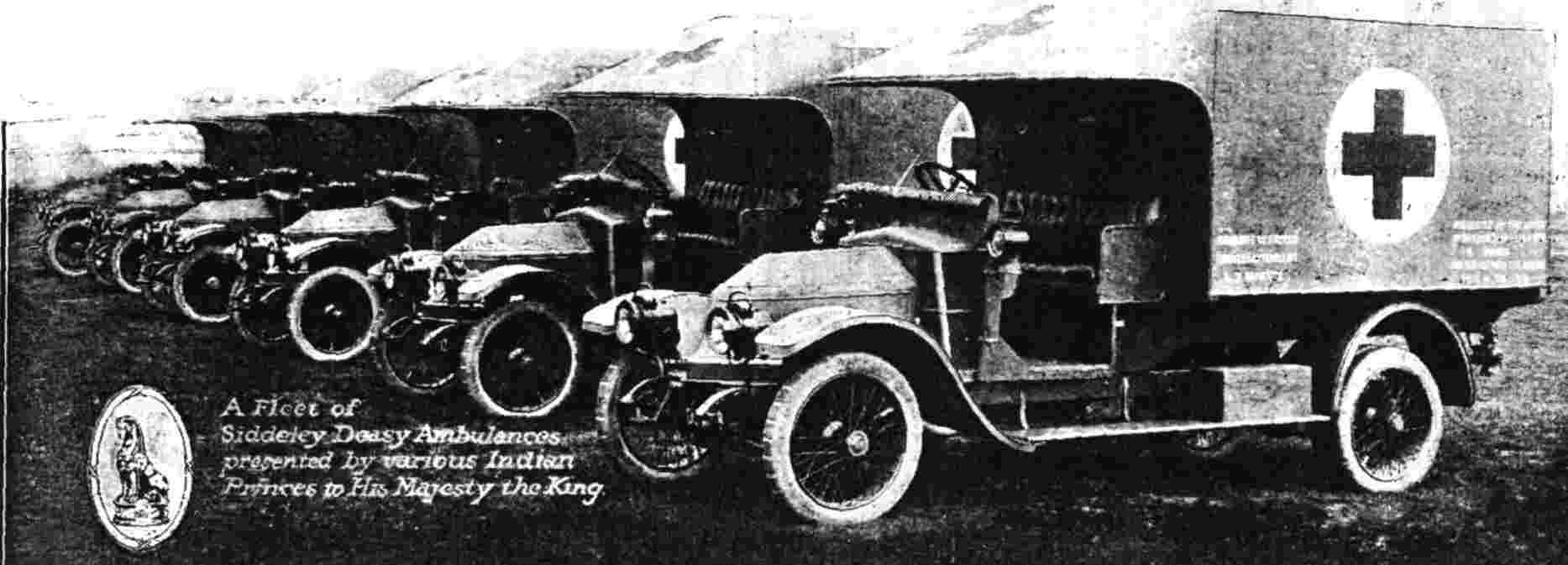
A Fleet of Siddeley-Deasy Ambulances, presented to His Majesty the King by various Indian Princes. Photograph taken from an advertisement in "The Autocar"in 1916.
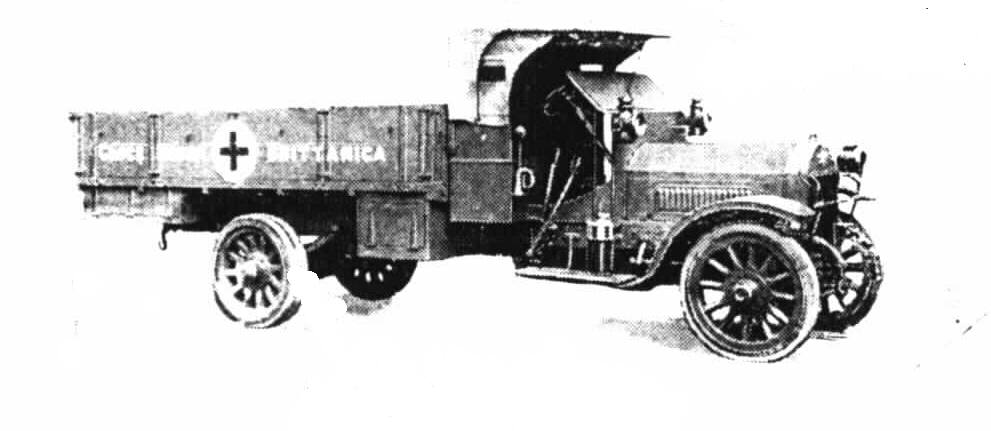
A Star ambulance lorry, photograph from an advertisement in "The Autocar"in 1915.
TRAILER AMBULANCES
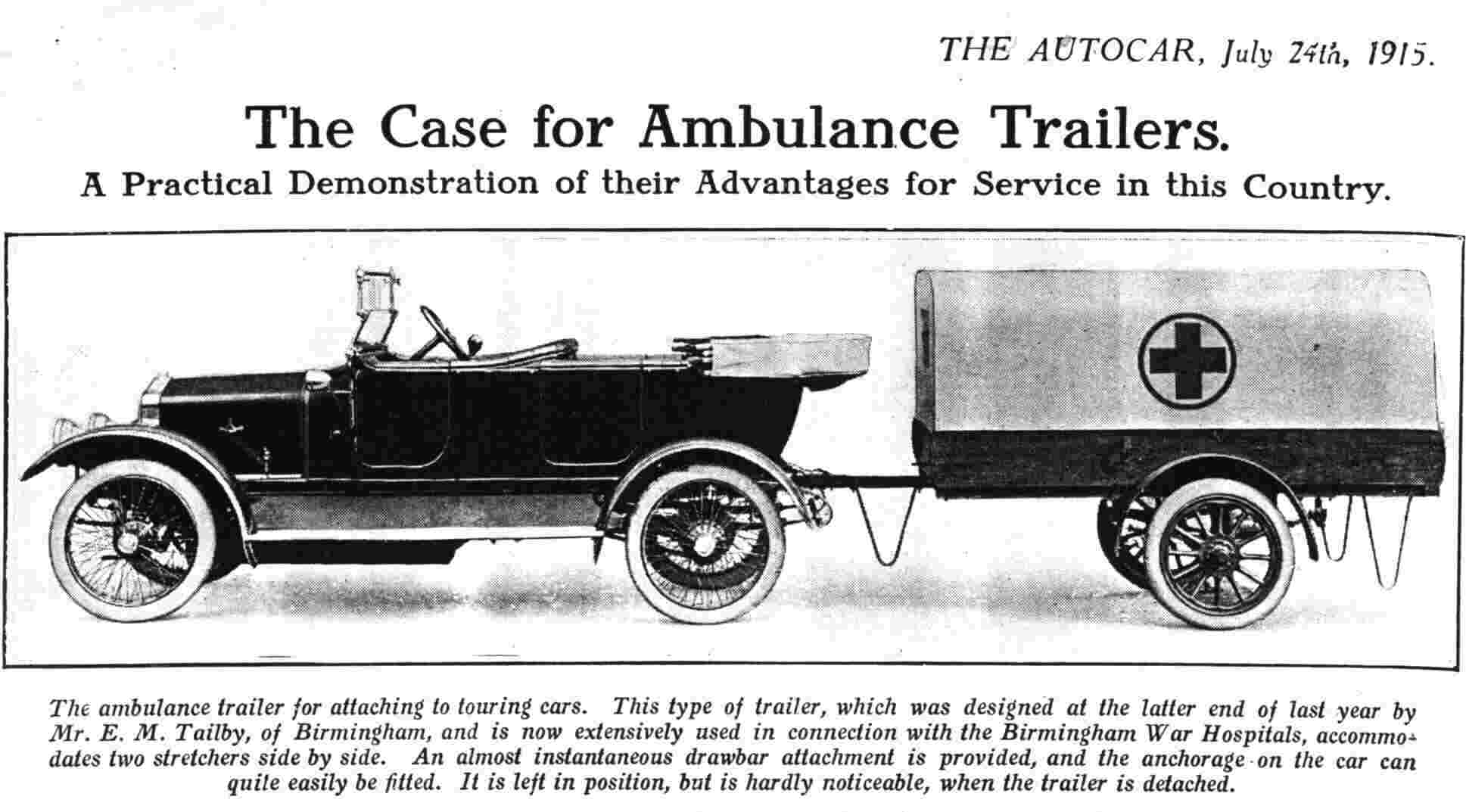
This photograph, taken from the Magazine, "The Autocar", of 1915 is of an ambulance trailer that was used to transport wounded soldiers from the railway station to hospitals in Birmingham, England.






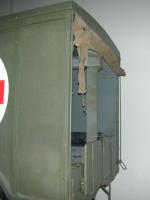
.JPG)
.JPG)
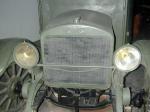
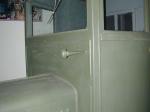
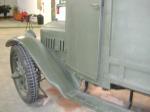
.JPG)
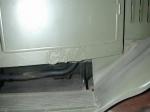
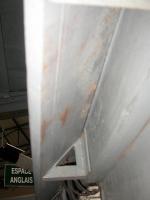
.JPG)
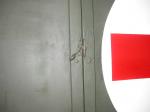
.JPG)
.JPG)
.JPG)
.JPG)
.JPG)
.JPG)
.JPG)
.JPG)
.JPG)
.JPG)
.JPG)
.JPG)
.JPG)
.JPG)
.JPG)
.JPG)
.JPG)
.JPG)
.JPG)
.JPG)
.JPG)
.JPG)
.JPG)
.JPG)
.JPG)
.JPG)
.JPG)
.JPG)
.JPG)
.JPG)
.JPG)
.JPG)
.JPG)
.JPG)
.JPG)
.JPG)
.JPG)
.JPG)
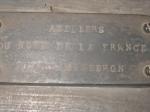
.JPG)
.JPG)
.JPG)
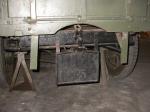
.JPG)
.JPG)
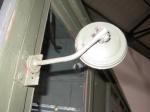
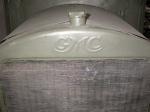
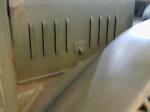
.JPG)
.JPG)
.JPG)
.JPG)
.JPG)
.JPG)
.JPG)
.JPG)
.JPG)
.JPG)
.JPG)
.JPG)
.JPG)
.JPG)
.JPG)
.JPG)
.JPG)
.JPG)
.JPG)
.JPG)
.JPG)
.JPG)
.JPG)
.JPG)
.JPG)
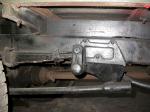
.JPG)
.JPG)
.JPG)
.JPG)
.JPG)
.JPG)
.JPG)
.JPG)
.JPG)
.JPG)
.JPG)
.JPG)













